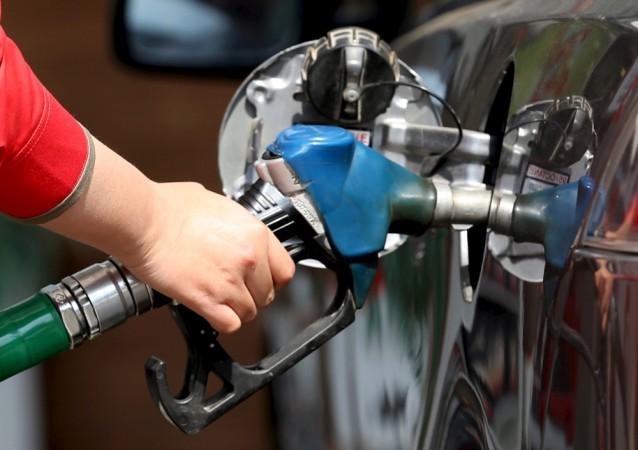
There are a lot of myths associated with the automobile industry. When it comes to fuel a vehicle there are even more beliefs with no rationale. Maybe you've heard that you get more mileage when you fill your tank in the morning? There was even a rumour that your car will go faster if you put jet fuel in it. Sounds exciting, but is there any truth behind it?
Colin Harding is a senior engineer with the Ford team that designs what a driver sees in the 'instrument cluster' where the speedo is. Harding and his team are experts debunks five of the most common myths associated with fuelling your vehicle.
Filling vehicle in the morning will result in more mileage
No, it will not. The rationale behind this myth is that petrol expands with heat which is true. So if you are filling in the morning, you fill more quantity into your tank. But the fact is fuel is stored in tanks below ground where the rising temperature of the day plays no part in the density of the petrol. Hence it will not increase mileage. You can fill up whenever you wish.
Letting the engine run on low fuel is bad for the engine
No. The idea behind this myth is that if you drive on 'the fumes' your engine will begin to ingest sediment-littered fuel from the bottom of the tank. But the fuel tank is designed so that the fuel pickup always sips from the bottom of the tank, meaning it is always able to draw fuel without stress.
Premium fuel will make non-premium car run better
Again no. Go to any fuel pump there will be many fuel options other than unleaded petrol and diesel. Fancy words such as Power, Speed and others are used for these premium fuels and they are also more expensive. However, it isn't any cleaner or purer than regular fuel. While it is less combustible, which benefits powerful performance engines, it won't benefit the vehicles of most daily drivers as all types of fuel have to meet the same standards.
Car range readings are wrong
Not really. While the fuel gauge tells drivers exactly how much fuel is in the tank, range readings are calculated based on longer-term driving patterns. There may be some variations but that doesn't mean that the reading is wrong.

















